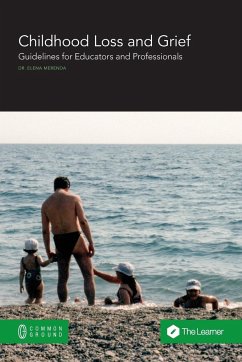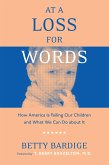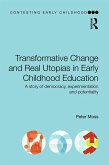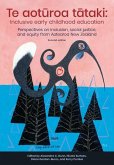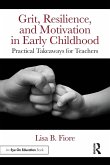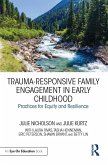Loss is a universal experience of change¿an experience that begins at birth and continues throughout life. When we hear the word "loss," we automatically think about death. However, everything that involves change involves loss. Loss, of any kind, can have a profound effect on children, especially if the loss leads children to feel unsafe. In Childhood Loss and Grief: Guidelines for Educators and Professionals, Dr. Elena Merenda describes the commonalities and unique experiences of those who survive childhood bereavement and highlights stories of children and families who have experienced loss. After defining the five stages of grief, Dr. Merenda develops a framework for understanding grief as a process that children may experience in response to different types of loss. With a focus on death, divorce, and childhood illness, this study also explores the cultural and religious aspects of death and the grieving process. Moreover, Dr. Merenda pays special attention to several factors that influence children's grief, such as the type of loss experienced, gender, chronological age, and developmental stage. Significantly, Dr. Merenda also addresses concerns of educators, who often feel unequipped to work with grieving children. As educators are critical sources of support for bereaved children, Dr. Merenda empowers educators to recognize significant symptoms of grief and provides educators with curricular strategies for acknowledging death and loss. Finally, the author makes suggestions for talking to children about death and provides an additional section of therapeutic play experiences for educators to use, adapt, and implement in their practice.
Hinweis: Dieser Artikel kann nur an eine deutsche Lieferadresse ausgeliefert werden.
Hinweis: Dieser Artikel kann nur an eine deutsche Lieferadresse ausgeliefert werden.

